How Often Should You Get A Facial: 5 Key Benefits
How you pace your facial sessions determines how much they can benefit your skin.
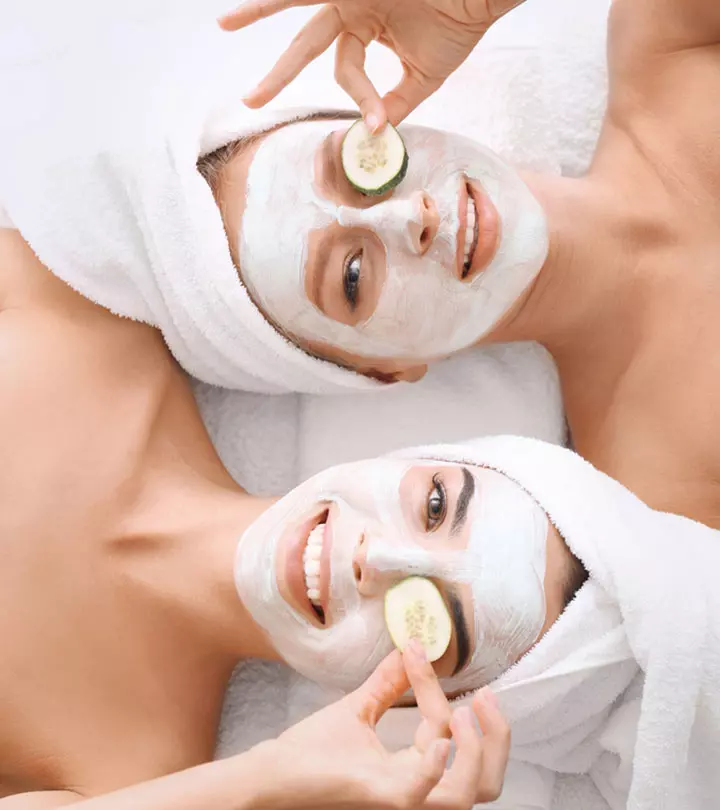
Image: Shutterstock
Facials may sound fancy, but they are a beneficial approach to caring for your skin. After experiencing the soothing power of gentle washing, exfoliation, and a pleasant massage, it is enticing to want to get multiple facials in a month. However, how frequently should you get a facial? Is it okay to get several facials in a month? How long should you wait between facial sessions? This article will answer all of your questions and more. Keep reading to know more!
In This Article
What Is A Facial?
A professional facial procedure involves various customized treatments to keep your skin healthy and prevent common issues. Professional facial treatments help your skin relax and rejuvenate.
Normally, facial treatments involve massage, steam, extraction, exfoliation, facial masks, lotions, creams, and peels. While these are classic facial treatments, the world of professional facials also involves medical-grade treatments like LED facials, HydraFacial, chemical peeling, oxygen therapy. These facials are performed by skin care experts, aestheticians, and dermatologists.
Facials work as a quick pick-me-up for your skin. Professional facials also focus on specific skin issues like hyperpigmentation, dark spots, wrinkles, and fine lines. But for visible results, you must go for regular facials rather than opting for them as a quick-fix during special occasions. This brings up the question – how often should you have a facial? Let’s find out.
Key Takeaways
- Getting a facial every eight weeks can help you reduce stress and anxiety, enhance treatment of skin issues, detoxify the skin, and improve blood circulation.
- Facials might play some role in making your skin firm.
- Before deciding the frequency of a facial, consider the skin type, age, and skincare goals.
How Often Should You Get A Facial To Reap The Maximum Benefits?
The answer is – once per month.
This is the ideal gap you must maintain as the skin cells renew after four weeks (1). Getting a professional facial more than twice a month can irritate your skin. However, the frequency may differ according to the type of facial treatment you are undergoing, and you may need more than one session in a month. It is better to consult an aesthetician or dermatologist and decide the frequency.

Also, consider the following factors before deciding the facial frequency:
1. Skin Type
This is a major factor to consider. If you have oily and acne-prone skin and blackheads, you may avoid facials, especially scrubs. However, you can opt for frequent extraction sessions (at least twice a month) done by dermatologists. This may help prevent breakouts and keep your skin clear.
2. Age
Age is one of the biggest factors that can influence any skin care treatment, including facials. With age, the body produces less collagen, and your skin may become thinner. Mature skin takes time to rejuvenate compared to younger skin. Hence, you may have to redesign the facial schedule (for older skin) and go for frequent sessions. Consult a dermatologist or aesthetician for proper guidance.
3. Skin Care Goals
Consider your skin care goals before going for a facial and deciding the frequency. First, you must be sure about what you want from your facial treatments. Are you opting for facials to maintain the youthful look of your skin or address specific issues? To add this wonderful practice to your regimen, you should definitely know about the facial benefits for the skin, including addressing particular concerns like pigmentation, tanning, sun damage, or acne issues.
Once you are sure about the skin needs and the outcome you expect from the facial treatment, proceed with the routine accordingly.
 Trivia
TriviaDr Cindy M Duke, a Clinical Assistant Professor, details her love for facials. She admits that she loves facials due to the power of touch. She wrote, “However, once in a while, it is essential to pamper yourself, including getting a professional facial, when possible. For me, I try to get them once monthly but if that is too often for you, even twice a year facials are better than none (i).”
Now that you have an idea of how often to get facials, the next thing to ponder upon is the benefits of facial treatments, which are not limited to your skin. Let’s take a look.
Benefits Of Getting A Facial Every Eight Weeks
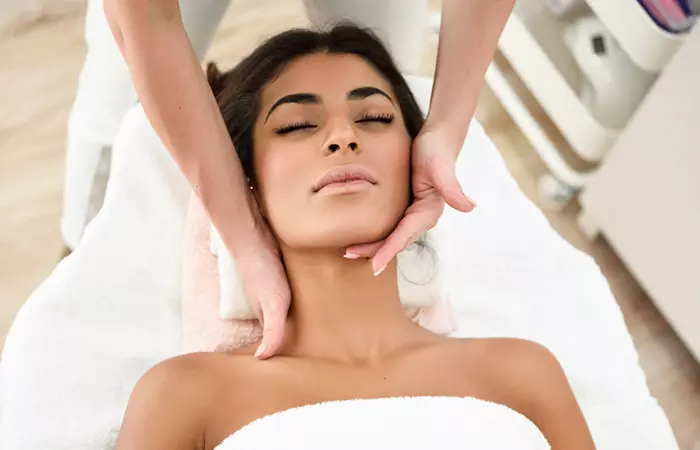
1. Reduces Stress And Anxiety
Facial massages stimulate your sympathetic nervous system and reduce psychological distress. Studies have found that 45 minutes of facial massage can reduce anxiety levels and negative moods and refresh your mind (2). This means a good facial massage can leave you with glowing skin, a relaxed mind, and a happy mood.
 Quick tip
Quick tip2. Enhances Treatment Of Skin Issues
Chemical peeling treatments are one of the most popular facial therapies to minimize skin issues like acne, post-inflammatory pigmentation, melasma, and photodamage and improve skin radiance and luminosity. Superficial peels are also used to fade acne scars and changes in skin texture.
These peels stimulate skin cell regeneration at different skin depths to promote collagen development, stimulate epidermal growth, and evenly distribute melanin pigments (3).
3. Detoxifies The Skin
One of the major benefits of a facial is that your skin receives a deep cleansing. Facial treatments involve exfoliation, massages, and cleansing to remove dead cells, impurities, and buildup from the pores. If left unchecked, they can clog the pores and cause acne, blemishes, and infection.
4. Improves Blood Circulation
Facial procedures often involve the use of massage rollers. Even five minutes of facial massage can improve the blood flow to the cheeks and skin. Regular massaging can improve the vascular dilation response (widening of blood vessels, leading to improved blood flow) (4). Massaging with your fingers may also have similar benefits. This might be helpful for most, except those with sensitive skin and rosacea.
5. Improves Skin Firmness
Massaging the skin with facial massagers can amplify the benefits of anti-aging skin care products, thus giving better results. A study found that daily treatment with massage devices and anti-aging cream on the face and neck increased expression of elastin fibers (5). This was seen with massaging devices that provide cyclic mechanical stimuli around 75Hz.
Wrapping Up
Regular facials provide noticeable improvement in your skin. Facial therapies performed by trained aestheticians and skin care experts can help manage multiple skin issues like hyperpigmentation, wrinkles, blemishes, acne, and maintain skin elasticity. They select products and treatments according to your skin type, issues, and other factors. If you have not considered facial therapies yet, it is time to take the first step and say hello to healthy skin!
Frequently Asked Questions
How often should you get a facial in your 30s?
If you are in your 30s, getting a facial once a month is ideal.
Is a weekly facial too much?
Yes. Excess facials may damage your skin long-term. Instead of overdoing facials, you should follow a proper daily skincare routine to maintain skin health.
Do they pop pimples during a facial?
Yes. Your esthetician may pop pimples or clean your clogged pores during a facial.
Why does my face look worse after a facial?
Your skin may experience redness after a facial, which is normal. But it could also be a result of ingredients used in the facial.
Should you shower after a facial?
No. Avoid taking a shower immediately after a facial. You must wait for at least 6 hours after a facial.
How many days does the face glow after a facial?
The glow will last for 48 to 72 hours after a facial.
Watch this informative video to discover the ideal frequency of facials. Explore some essential tips to keep in mind, skin type considerations, and factors influencing how often should you try facials for a glowing complexion.
Personal Experience: Source
StyleCraze's articles are interwoven with authentic personal narratives that provide depth and resonance to our content. Below are the sources of the personal accounts referenced in this article.
(i) The Power of Regular Facials — What You Need To Knowhttps://drcindymduke.medium.com/the-power-of-regular-facials-what-you-need-to-know-a9d07f3dd571
References
Articles on StyleCraze are backed by verified information from peer-reviewed and academic research papers, reputed organizations, research institutions, and medical associations to ensure accuracy and relevance. Read our editorial policy to learn more.
- How does skin work?
https://www.ncbi.nlm.nih.gov/books/NBK279255/ - The facial massage reduced anxiety and negative mood status
and increased sympathetic nervous activity - Evidence and Considerations in the Application of Chemical Peels in Skin Disorders and Aesthetic Resurfacing
https://www.ncbi.nlm.nih.gov/pmc/articles/PMC2921757/ - Short- and long-term effects of using a facial massage roller on facial skin blood flow and vascular reactivity
https://www.sciencedirect.com/science/article/abs/pii/S0965229918306423 - Effects of a skin-massaging device on the ex-vivo expression of human dermis proteins and in-vivo facial wrinkles
https://www.ncbi.nlm.nih.gov/pmc/articles/PMC5383004/
Read full bio of Dr. Surbhi Mahajan
Read full bio of Ramona Sinha
Read full bio of Eshna Das
Read full bio of Swathi E






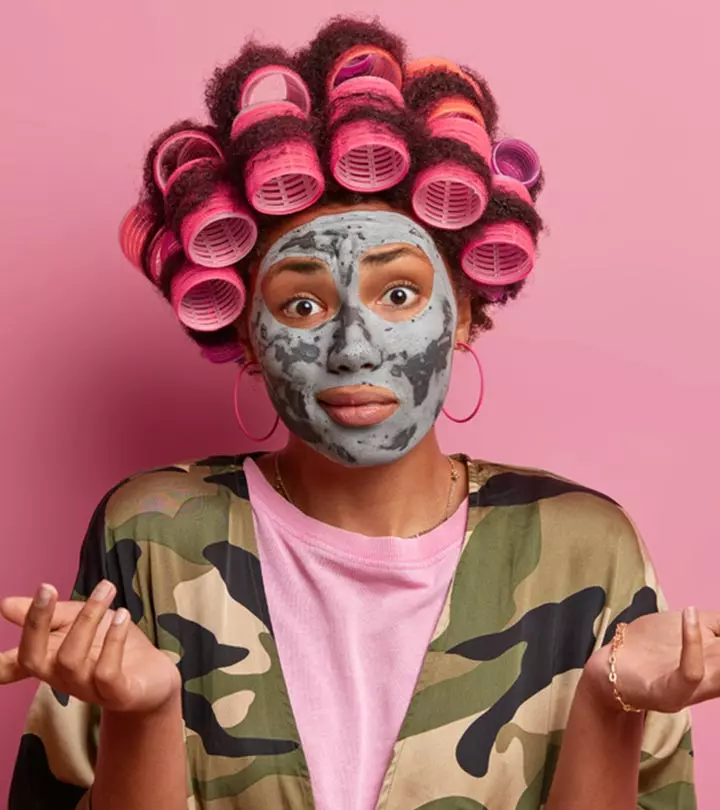
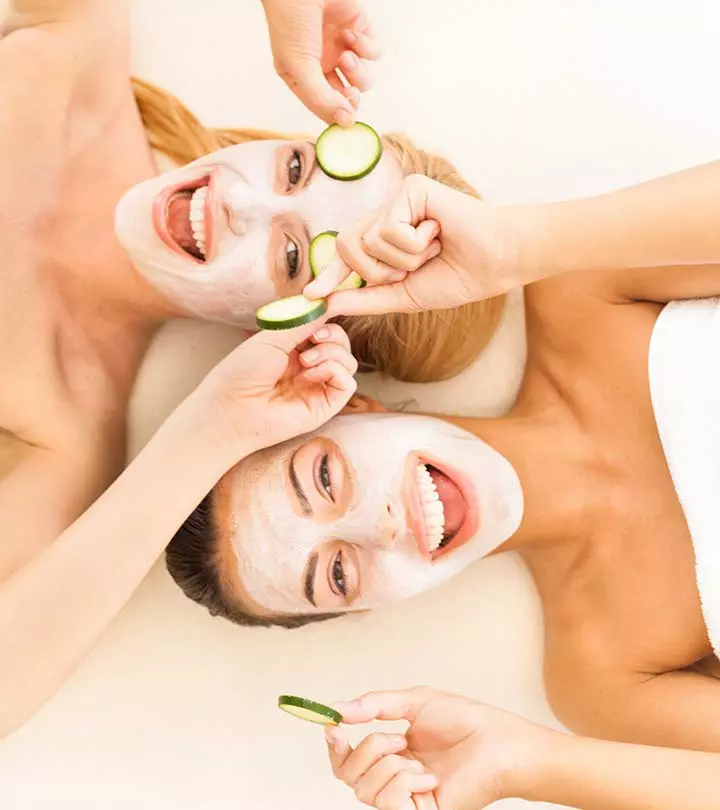
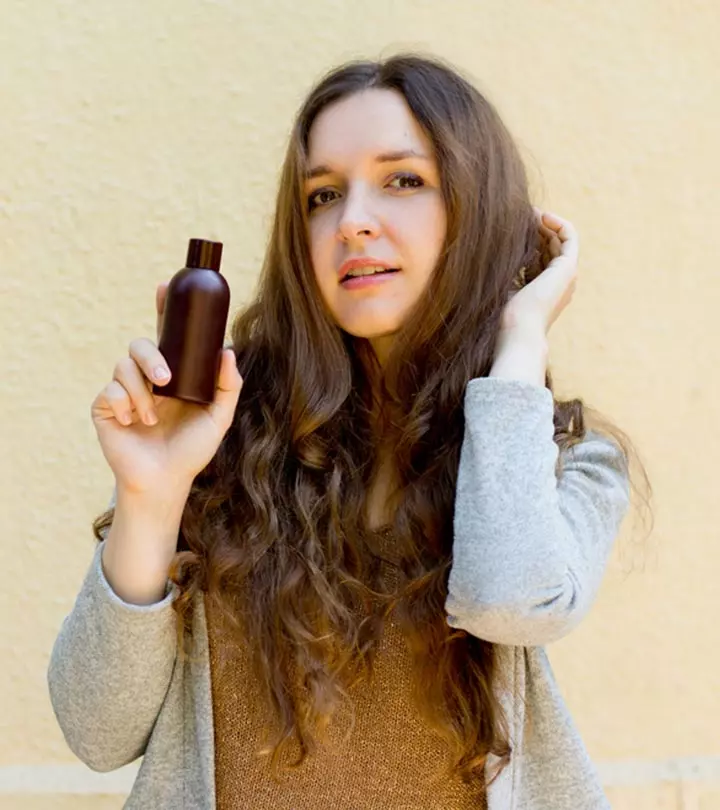
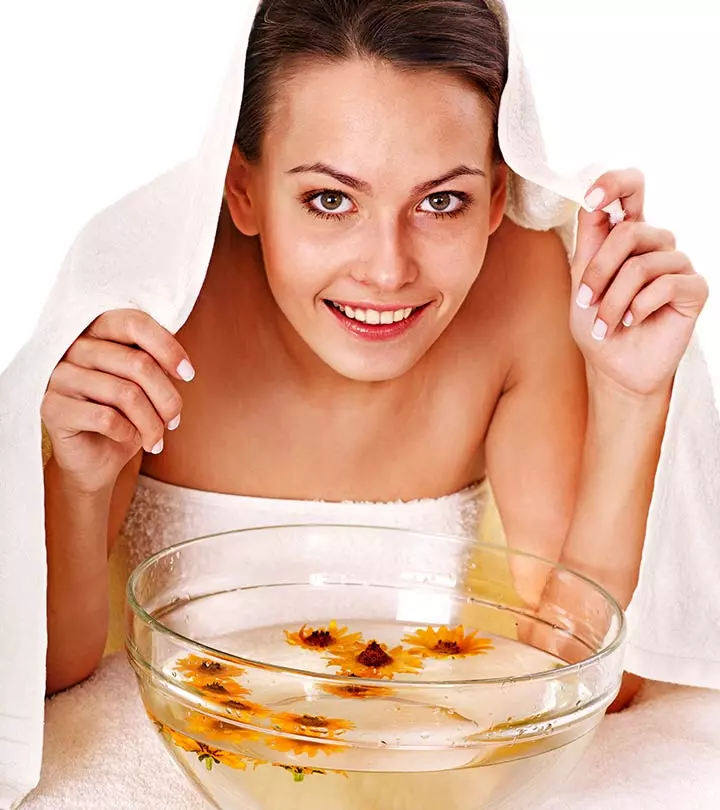

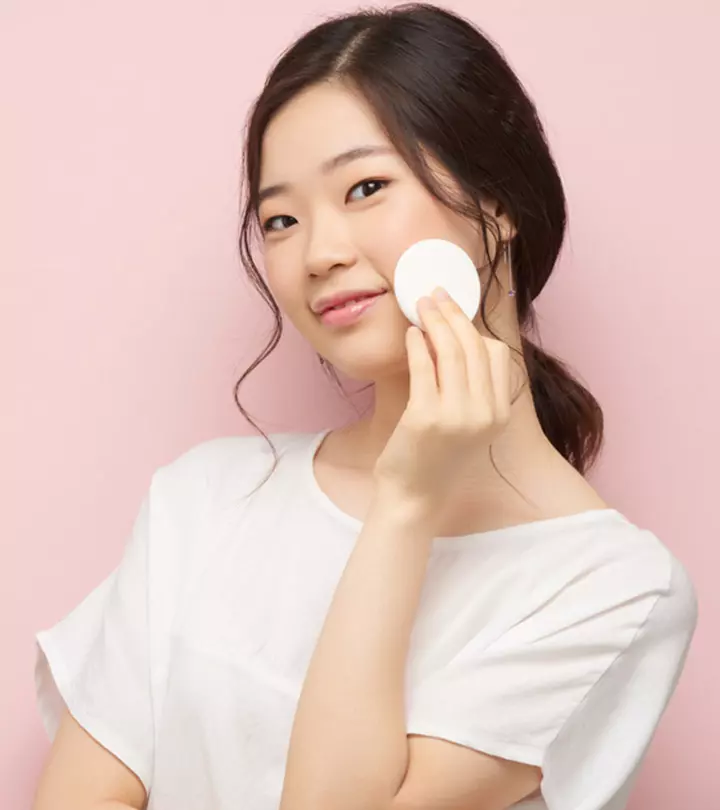
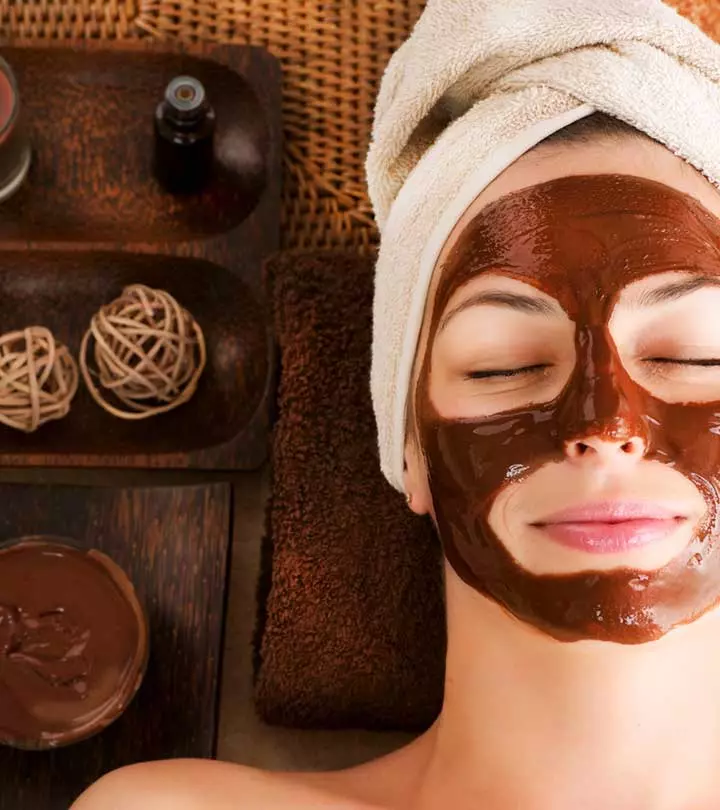
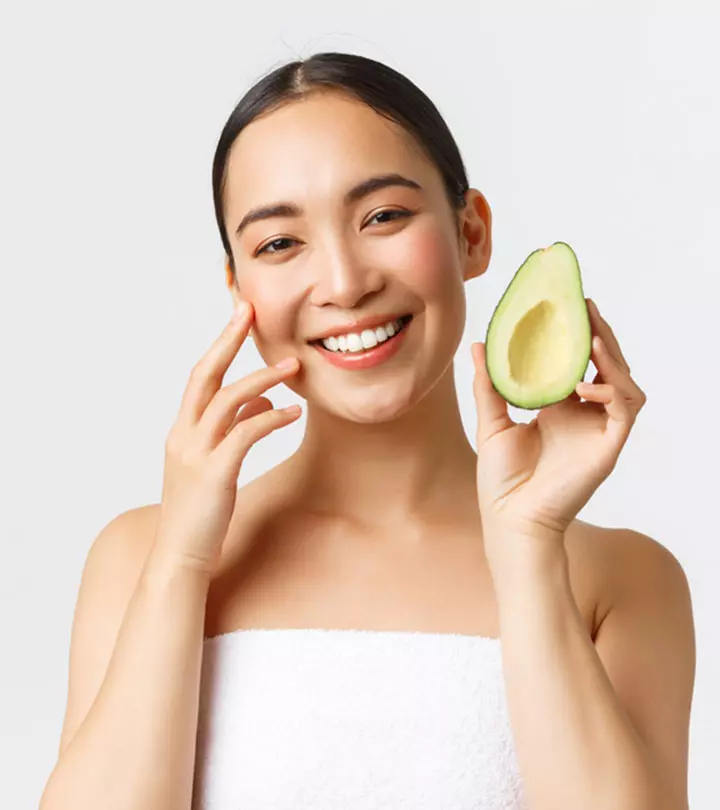
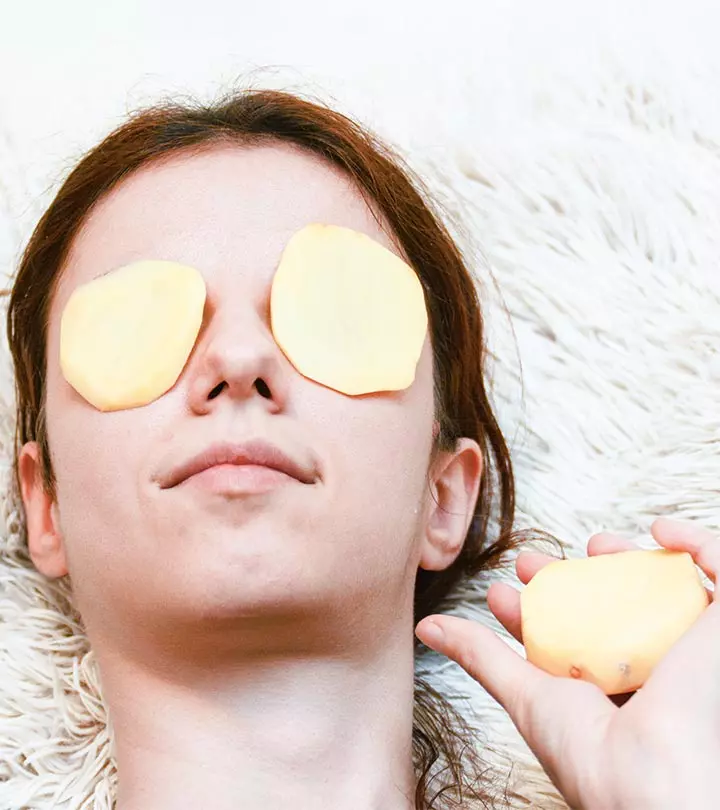
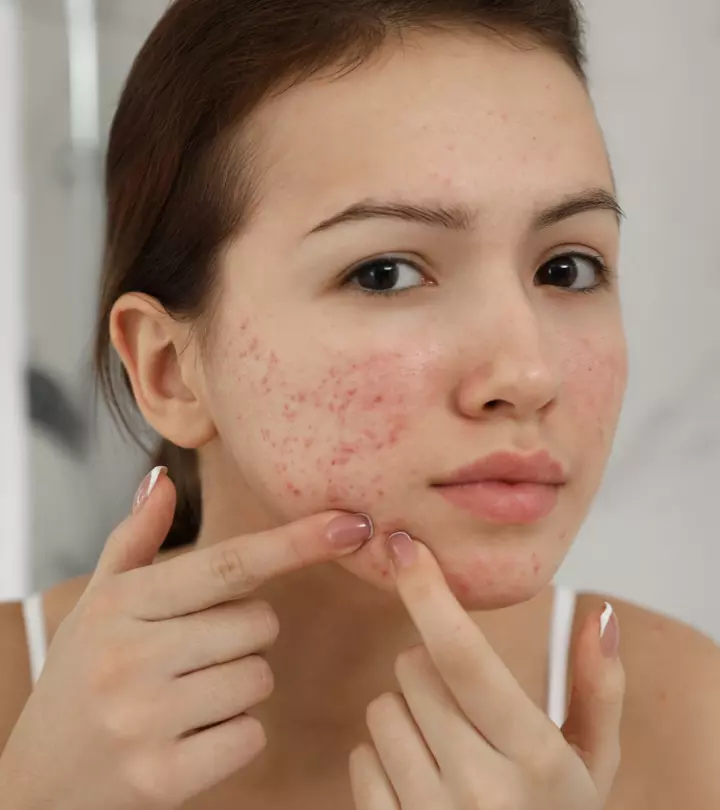
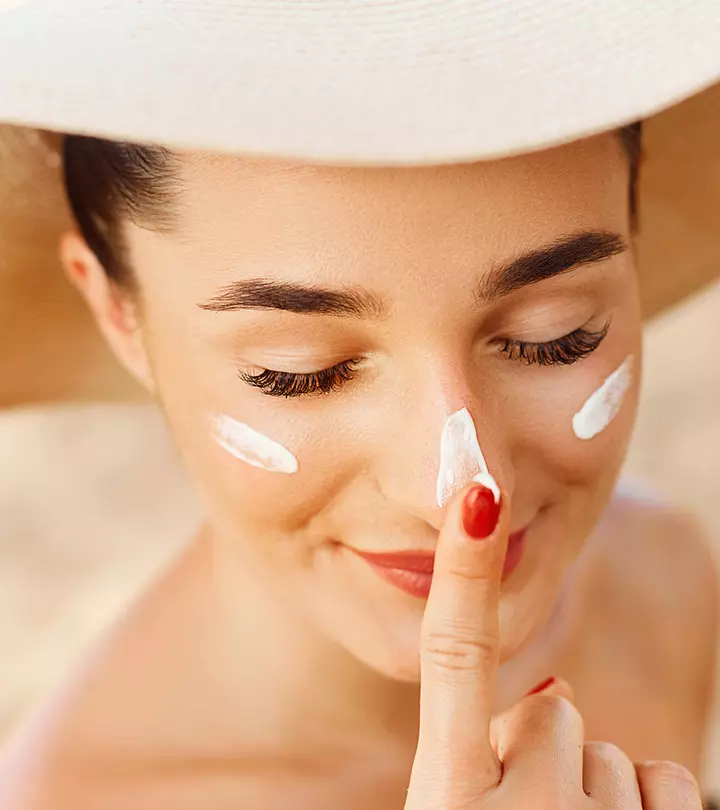
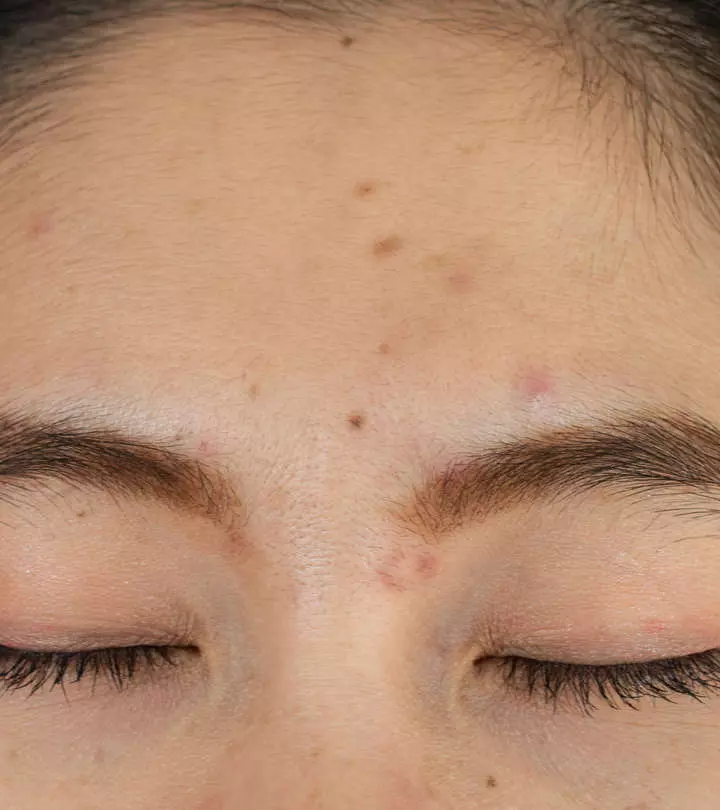
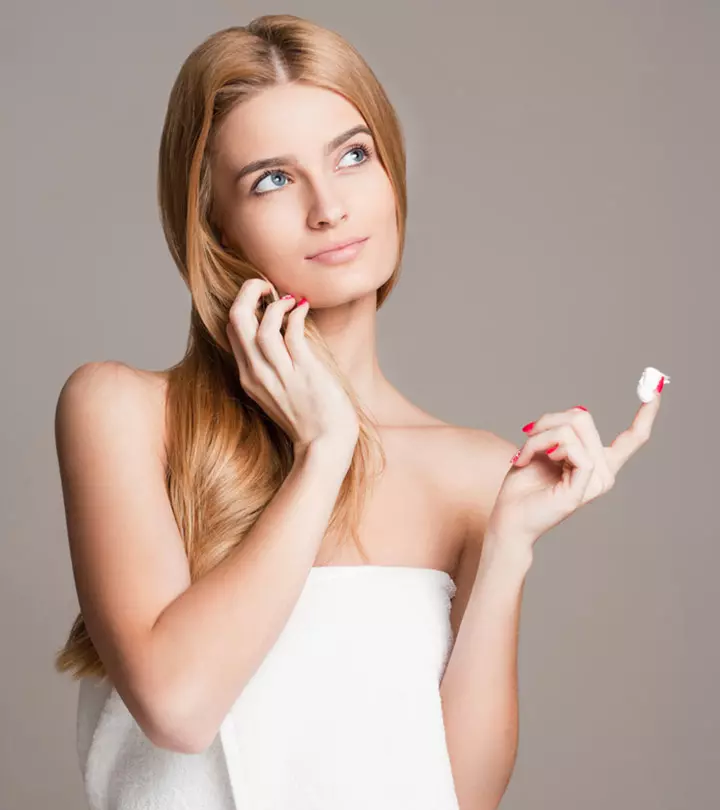


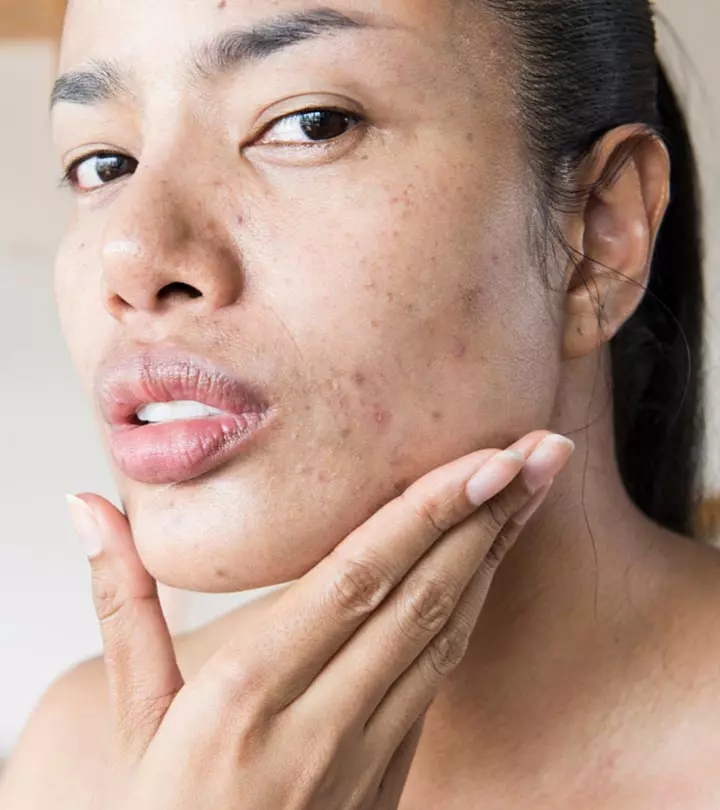
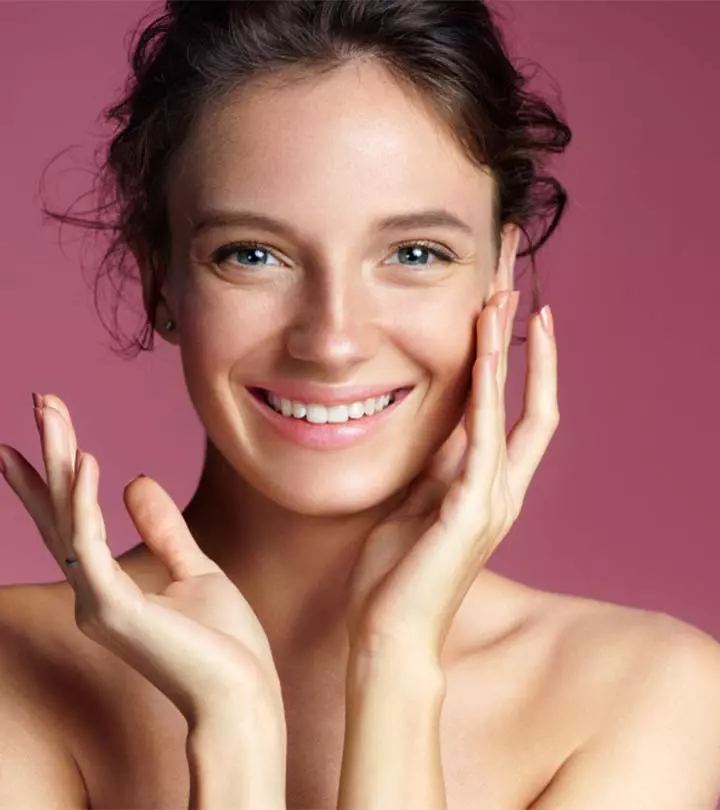


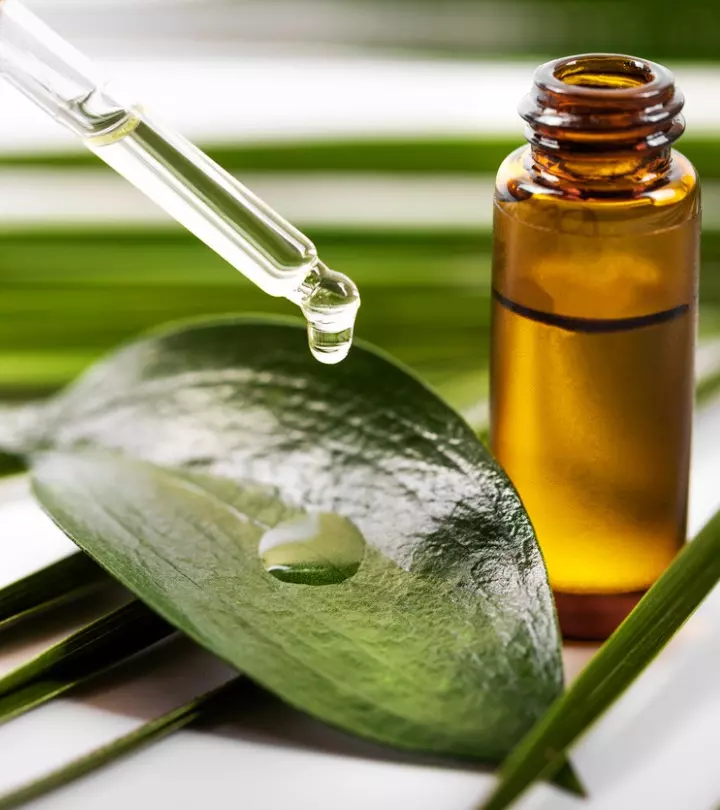
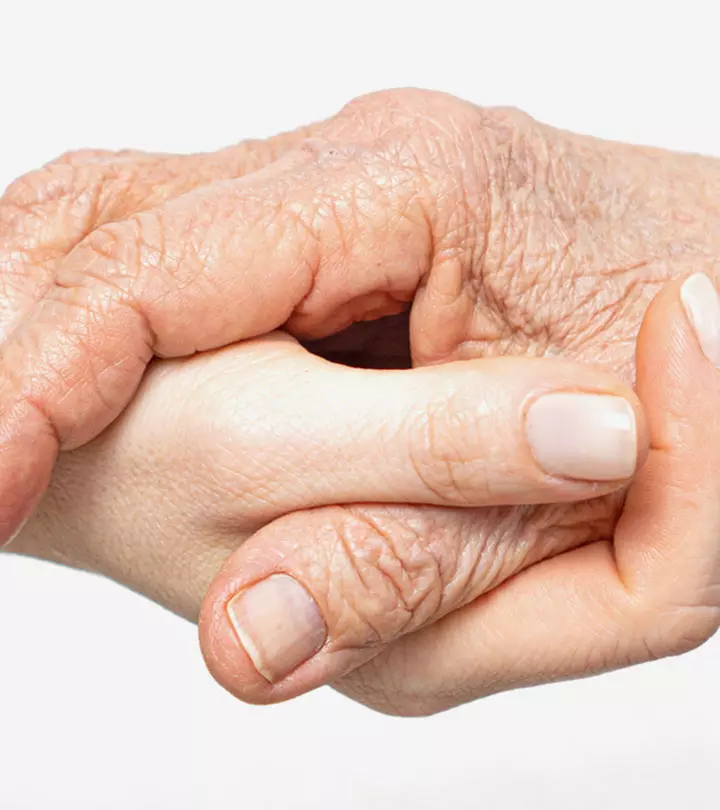
Community Experiences
Join the conversation and become a part of our empowering community! Share your stories, experiences, and insights to connect with other beauty, lifestyle, and health enthusiasts.